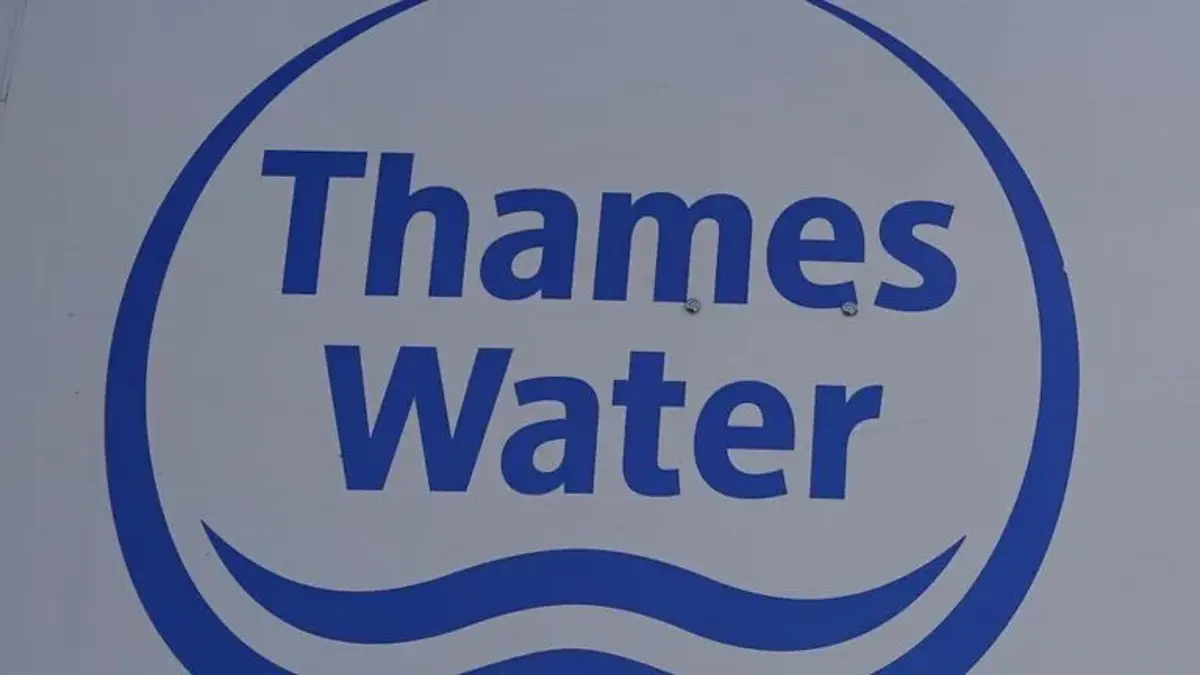Emergency plans ‘drawn up for Thames Water collapse’ as firm racks up £14bn debt

Free Morning Headlines: News From Our Global Reporters
Get Our Free Morning Headlines Newsletter
Plans are being made in case the biggest water provider in England fails, leading to concerns that the government might need to rescue it with a significant amount of money from the taxpayers.
Government officials and the regulatory authority Ofwat have initiated discussions regarding placing Thames Water under a specialized form of administration. This organization caters to a massive customer base of 15 million individuals, roughly constituting 27% of the overall population. However, the company currently finds itself burdened by a staggering debt amounting to £14 billion.
Any agreement would effectively result in the company being operated by the government, causing taxpayers who are already burdened with increased expenses to bear the cost.
This update arrives in less than a day following the abrupt resignation of CEO Sarah Bentley, who served in the position for the past three years.
She had no choice but to relinquish her bonus due to the decline in the company's environmental and customer performance.
Thames Water has been discovered to have released untreated waste into the rivers within its operational areas. Additionally, it has faced significant examination due to its poor performance in preventing leaks, sewage contamination, excessive executive compensation, and distributions to shareholders.
Even though Ms Bentley decided to forego her bonus, she still received a significant sum of £1.6m in pay and compensation.
Bulb, the energy provider with about 1.5 million clients, went bankrupt in 2021 and underwent a comparable procedure of insolvency.
Concerns have arisen due to the substantial scale of Thames Water, as it could potentially result in significant financial losses during the insolvency proceedings, possibly amounting to billions of pounds. The current regulations in the water industry prohibit mergers and acquisitions, which implies that the amount of money used to rescue Bulb might pale in comparison if Thames Water were to collapse.
Sarah Bentley received a whopping £1.6 million in compensation, even though she chose to forgo her bonus.
Rebecca Pow, the minister responsible for the environment, informed the Members of Parliament: "Thames Water is currently working extensively to ensure that customers do not face any negative consequences. Moreover, if needed, there is a established procedure to progress us to the subsequent phase."
The business secretary, Kemi Badenoch, expressed her deep worries regarding the revelations. Nevertheless, she emphasized the importance of taking necessary measures to ensure the company's longevity.
Mel Stride, the secretary of labor and social security, mentioned that the government had precautionary measures set up.
"I have complete assurance that regardless of the circumstances at Thames Water, the supply of water will persist," he stated with unwavering certainty.
Mr. Stride refused to comment on a potential financial rescue, stating: "There will be many discussions taking place between Ofwat and the government, as well as the government and the company, and the company with Ofwat, without a doubt."
"The preparedness plans will be significantly progressed," he included.
Thames Water has stated that it is engaged in a cooperative manner with its shareholders regarding additional funding required for its turnaround efforts.
In a formal announcement, the company stated: "We are consistently updating Ofwat on the advancements in our revitalization efforts and our interactions with shareholders."
As of March 31, 2023, Thames Water remains in a solid financial position with a strong amount of readily available funds, totaling £4.4bn, both in cash and committed funding.
In the meantime, England has intensified its preparations for droughts as there has been a substantial surge in water consumption, with June expected to break temperature records.
According to the Met Office, they have not documented a June with such scorching temperatures in the United Kingdom since they commenced collecting temperature information in 1884. Additionally, water reservoirs, groundwater, and river levels in certain regions have exhibited a decrease.
The gathering of the National Drought Group (NDG), which consists of the Environment Agency (EA), the Met Office, water companies, and environmental organizations, took place on Wednesday to deliberate strategies for adjusting to the evolving water supply.
Companies, merchants, and governing bodies were urged to ready themselves for increasingly frequent scorching and arid conditions in the upcoming months. Additionally, they were urged to implement enhancements to address potential water shortages that may arise.









































